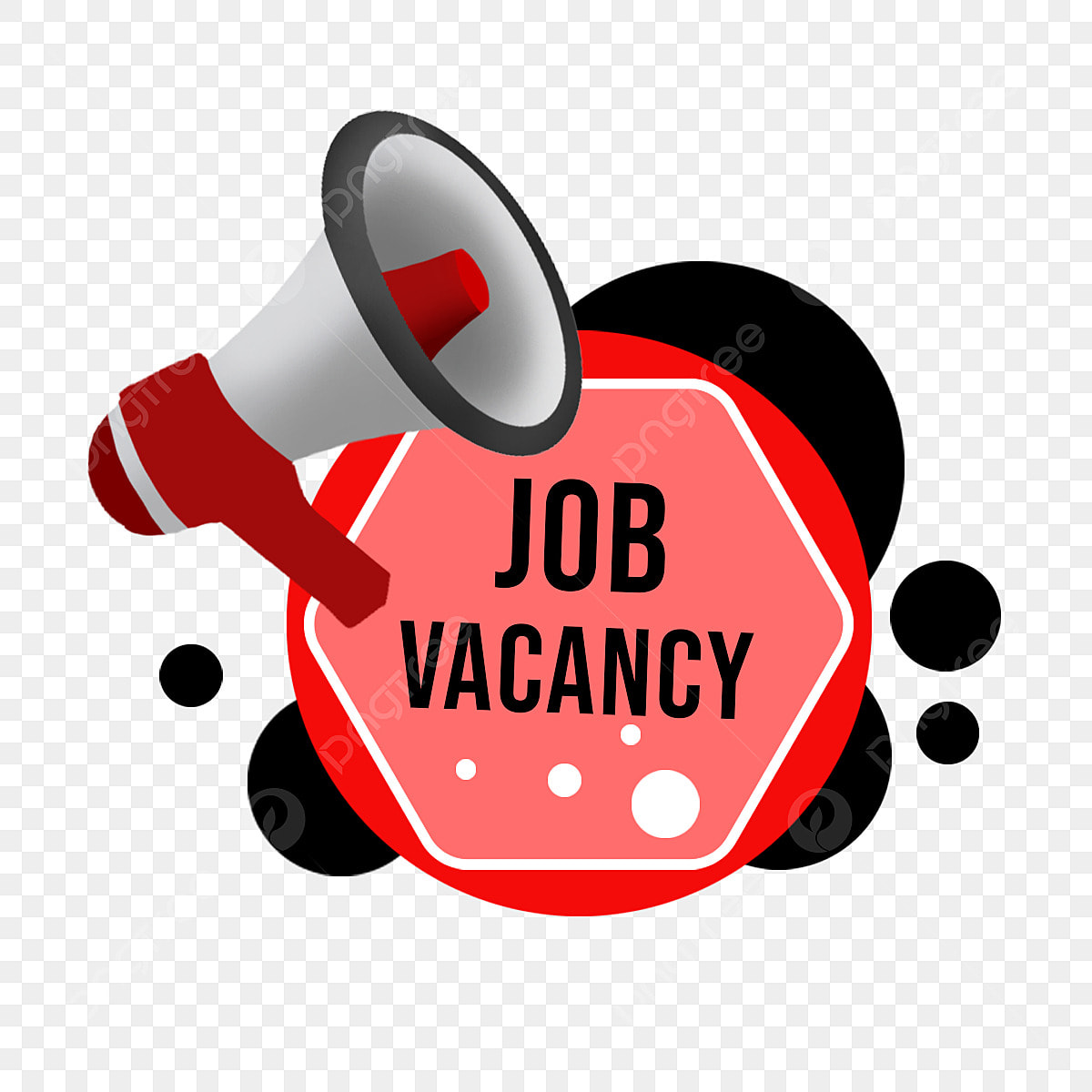Radio listeners from more than 100 districts across Ghana received updated information on Ebola throughout December 2015, as 20 local radio stations from 9 regions in the country consistently aired Ebola key messages.
The beneficiary districts included some border districts, such as Sissala East District in Upper West, Ketu South District in Volta Region and Jomoro District in Western Region. The objective of the messages was to remind, alert and educate the public about the disease which wreaked havoc in parts of West Africa. It was also to encourage basic health and hygiene precautions as people celebrated the holiday.
The Ebola key messages were developed by WHO, UNESCO, Ghana Health Service and the Media Foundation for West Africa (MFWA).
At a training held November 24, 2015, in Accra, journalists from about 60 radio stations spread across Ghana were equipped with up-to-date knowledge about Ebola and received training to do professional and effective public education on the disease.
Experienced journalist and former Minister of State Elizabeth Ohene regretted that the public education potential of local radio in Ghana has not been fully harnessed. “It is shameful that we as journalists need to be reminded by outsiders to teach people how to wash their hands properly.” She said promoting good hygiene and advocating for a clean environment should be part of the social responsibility of media.
Radio Gaakii, located in Saboba Chereponi District in Northern Region, was one of the radio stations selected for the Ebola Key Messaging Campaign. Radio Gaakii aired a total of 75 Ebola Key Messages throughout the period.
“It began at early morning during News Headlines, in the afternoon at Farmers’ Time segment and also during local news at 6.30 pm. The impact of the programme has been tremendous,” the Station Manager of Radio Gaakii, Mr. Winston Binabiba reported.
The support to Ebola short messages and the training of journalists formed part of the project: “Promoting Public Education on Ebola in Ghana through the Media,” which was funded by UNESCO and implemented by the MFWA. The project was directly in line with MFWA’s ongoing efforts in strengthening the Ghanaian media to be more active and effective in their public education efforts.
For further information about the project, contact Project Coordinator, Rikke Sig Hansen, on +233 545 705 454 or [email protected].






